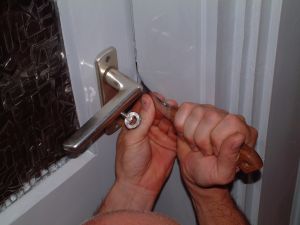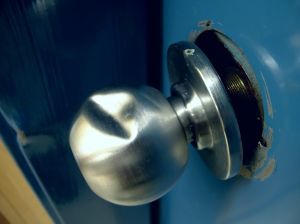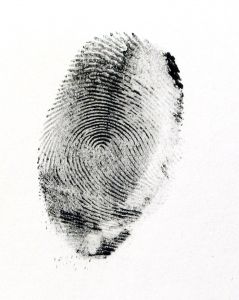I have been defending clients charged with residential burglaries and other crimes in New Jersey for over 15 years. In my professional capacity as a criminal lawyer, I have cross-examined countless victims in burglary cases over the years, and the reaction is always the same. Disbelief and outrage. I know how upset they are. Not only are they angry about the theft that has occurred, but they feel violated because a total stranger entered their house to do it. In 2013 there were a string of residential burglaries in Middlesex County, many of them occurring in my hometown of East Brunswick. East Brunswick Police advised residents that the break-ins were occurring during the day. They described that the suspects would walk around the neighborhood and simply knock on doors. If nobody was home, they would walk around to the back of the house and either break a window, or pry a door to gain entry. In November of 2013, three arrests were eventually made, which seemed to stop the burglary rampage, however things didn’t stay quiet for long. Additional burglaries started occurring again, and as recently as January of 2014 the East Brunswick Police announced that they were offering a reward for information leading to arrests.

Burglary under 2C:18-2 can be charged as a crime of the third degree (which has a 5 year statutory maximum period of incarceration), or as a second degree indictable offense if the actor inflicts, or threatens to inflict serious bodily injury, or displays a weapon (second degree offenses have a statutory maximum period of incarceration of 10 years). What exactly is burglary? An actor commits a burglary when he enters a premise or structure that is not open to the public, and is not licensed or privileged to enter, and has the intent to commit a crime therein (cars are also covered by the statute). While most frequently that crime is theft, it can actually be anything at all. For example, a person who breaks into a house in order to forge a check has also committed a burglary. A burglary without the extra criminal offense, is a Defiant Trespass under 2C:18-3, which is entering a premise or structure without license or privilege without the intent to commit an additional crime. Defiant trespass can be charged as either a fourth degree offense, which has an 18 month statutory maximum period of incarceration, or as a disorderly persons offense. This is much less serious.

Though the legal consequences for burglary are quite serious, it is my opinion as a New Jersey criminal defense attorney that ample justification exists for grading this offense higher than it is, and would not be surprised if legislators in fact act on this at some point in the future. I believe that breaking into another person’s home is one of the most dangerous crimes a defendant can undertake, and puts multiple lives at risk in doing so. Many people who commit residential burglaries do so armed, and have no qualms about resorting to physical violence to either complete the intended action, or in order to secure their escape if they meet resistance from home owners or the police. There is much evidence which also suggests perpetrators of this offense are frequently under the influence of drugs, which clouds their judgement and perceptions, and may increase aggression, and therefor increase the likelihood of violence. Additionally, many home owners are themselves armed, and upon realizing that there was a burglar in their house would be prepared to use deadly force to ensure the safety of themselves and their family.

It has been my experience that most burglaries are, what is referred to as, “smash and grabs”. This means that entry is made as quickly as possible, and only small items which can be grabbed quickly such as money, change, jewelry, and small electronics are taken. Things that can be carried off and pawned easily. This is consistent with my experience, that the main cause of residential burglaries is drug addiction. Invariably those charged have an underlying addiction problem. When residential burglars are caught, it is either because they leave a fingerprint behind that registers in AFIS (Automated Fingerprint Identification System), or they repeatedly commit burglaries in the same area, and are eventually spotted by neighborhood watch, law enforcement details, or increased patrols. This does not happen most of the time, and most residential burglaries go unsolved. Additionally, the stolen items are seldom recovered, making restitution an essential element in any meaningful effort to resolve burglary cases. While it is impossible to make your home 100% burglar proof, you can make your home more difficult to enter, by having a quality alarm system installed (display the alarm company’s stickers at all points of entry in your home), and by always keeping doors and windows locked. Taking these simple steps makes your house much less attractive to residential burglars, who almost always take the path of least resistance. Quite simply, they would prefer homes without alarms, and homes that have windows that have been left open a crack.
